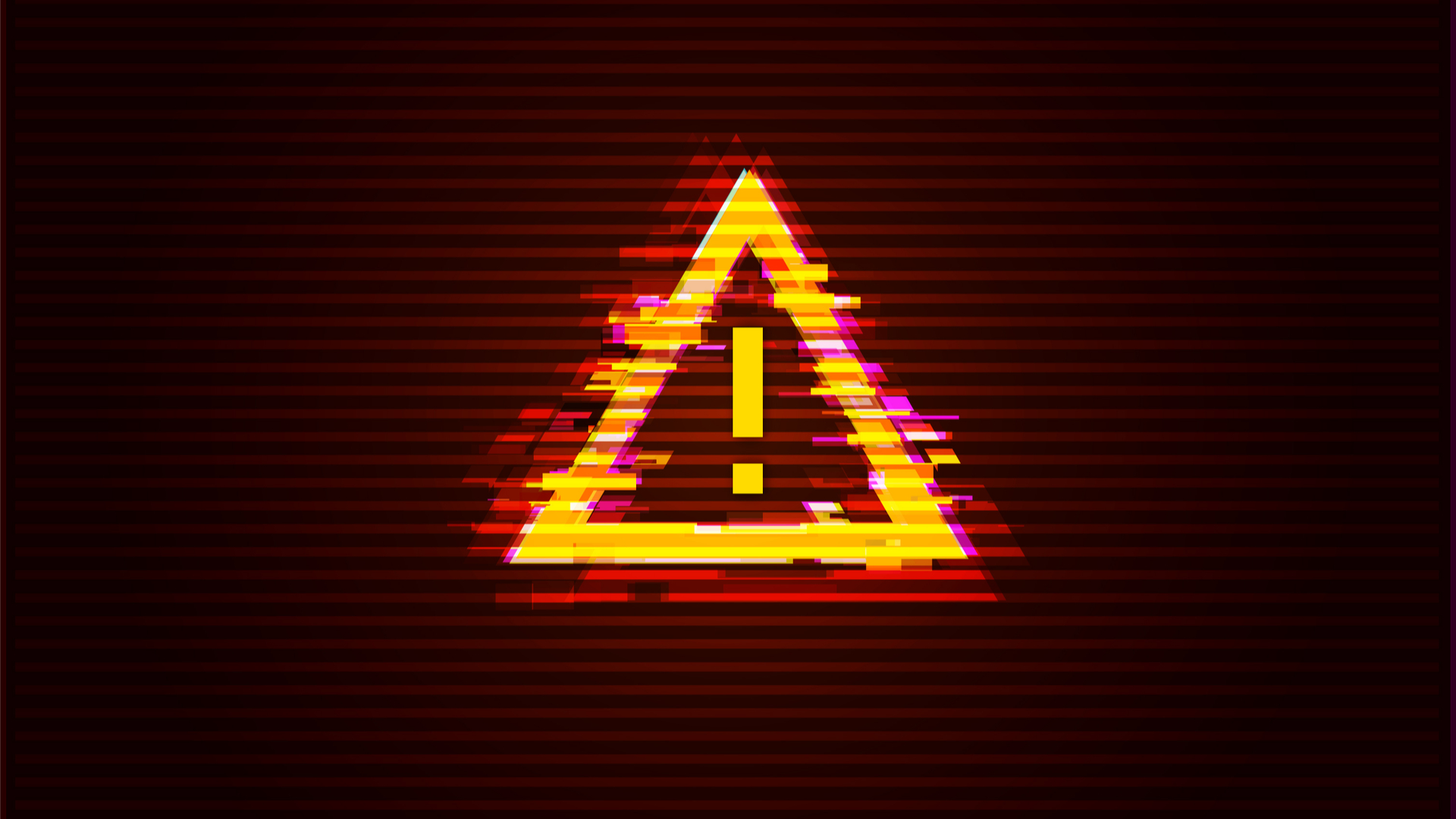Senate passes minimum security standards for federal IoT devices
Vendors must notify federal customers of any cyber security flaws in their internet-connected devices


The US Senate has unanimously passed a new piece of legislation that will create minimum cyber security standards for government purchased, internet-connected devices.
The Internet of Things (IoT) Cybersecurity Improvement Act (H.R. 1668), introduced by Congresswoman Robin Kelly (D-Illinois), would oblige all internet-connected devices purchased by the federal government to conform to a set of minimum security recommendations issued by the National Institute of Standards and Technology.
Private companies that sell devices to the federal government would also be required to notify agencies if the internet-connected device has a vulnerability that could leave the government open to attacks.
The act would require the National Institute of Standards and Technology (NIST) to issue recommendations addressing, at a minimum, secure development, identity management, patching, and configuration management for IoT devices.
It would also direct the Office of Management and Budget (OMB) to issue guidelines for each agency that are consistent with the NIST recommendations, including making any necessary revisions to the Federal Acquisition Regulation to implement new security standards and guidelines.
The act would also make NIST to work with cyber security researchers, industry experts, and the Department of Homeland Security (DHS) to publish guidelines on vulnerability disclosure and remediation for federal information systems.
Congresswoman Kelly said in a statement that that the act would make sure that “the U.S. government purchases secure devices and closes existing vulnerabilities to protect our national security and the personal information of American families.”
Get the ITPro daily newsletter
Sign up today and you will receive a free copy of our Future Focus 2025 report - the leading guidance on AI, cybersecurity and other IT challenges as per 700+ senior executives
The legislation was unanimously approved by the House in September, and passed on the Senate floor by unanimous consent on the evening of 17 November.
“While more and more products and even household appliances today have software functionality and internet connectivity, too few incorporate even basic safeguards and protections, posing a real risk to individual and national security,” said Sen. Mark Warner, D-Va., in a statement.
“I’m proud that Congress was able to come together today to pass this legislation, which will harness the purchasing power of the federal government and incentivize companies to finally secure the devices they create and sell. I urge the President to sign this bill into law without delay.”
The bill now heads to the president to be signed into law.
Paul Bischoff, privacy advocate at Comparitech.com, told IT Pro that the establishment of minimum-security standards for government owned IoT devices is long overdue.
“I think it was wise to put NIST, a reputable non-partisan standards body, in charge of drafting guidelines and auditing devices, as opposed to writing fixed standards into law that would only be made obsolete in a few years’ time. Although government-level security standards might not be necessary on all devices, it would be helpful for consumers and businesses to know which devices meet NIST's standards,” he said.
Andrea Carcano, co-founder at Nozomi Networks, said that this is an important first step by the federal government to help ensure IoT device makers improve the security of their products.
“At the same time, you can never guarantee zero risk...that's why enterprise and industrial organizations must put additional security measures and technologies in place to shore up their IoT security,” he said.
“That includes using AI-powered solutions that can quickly identify the hundreds or even thousands of IoT devices connected to the network and assess their level of risk or vulnerability to help prioritize fixes and response. By effectively managing vulnerabilities of their IoT devices, security teams are one step closer to protecting against cyber threats and the risk of downtime due to cyberattacks.”
Rene Millman is a freelance writer and broadcaster who covers cybersecurity, AI, IoT, and the cloud. He also works as a contributing analyst at GigaOm and has previously worked as an analyst for Gartner covering the infrastructure market. He has made numerous television appearances to give his views and expertise on technology trends and companies that affect and shape our lives. You can follow Rene Millman on Twitter.
-
 Bigger salaries, more burnout: Is the CISO role in crisis?
Bigger salaries, more burnout: Is the CISO role in crisis?In-depth CISOs are more stressed than ever before – but why is this and what can be done?
By Kate O'Flaherty Published
-
 Cheap cyber crime kits can be bought on the dark web for less than $25
Cheap cyber crime kits can be bought on the dark web for less than $25News Research from NordVPN shows phishing kits are now widely available on the dark web and via messaging apps like Telegram, and are often selling for less than $25.
By Emma Woollacott Published